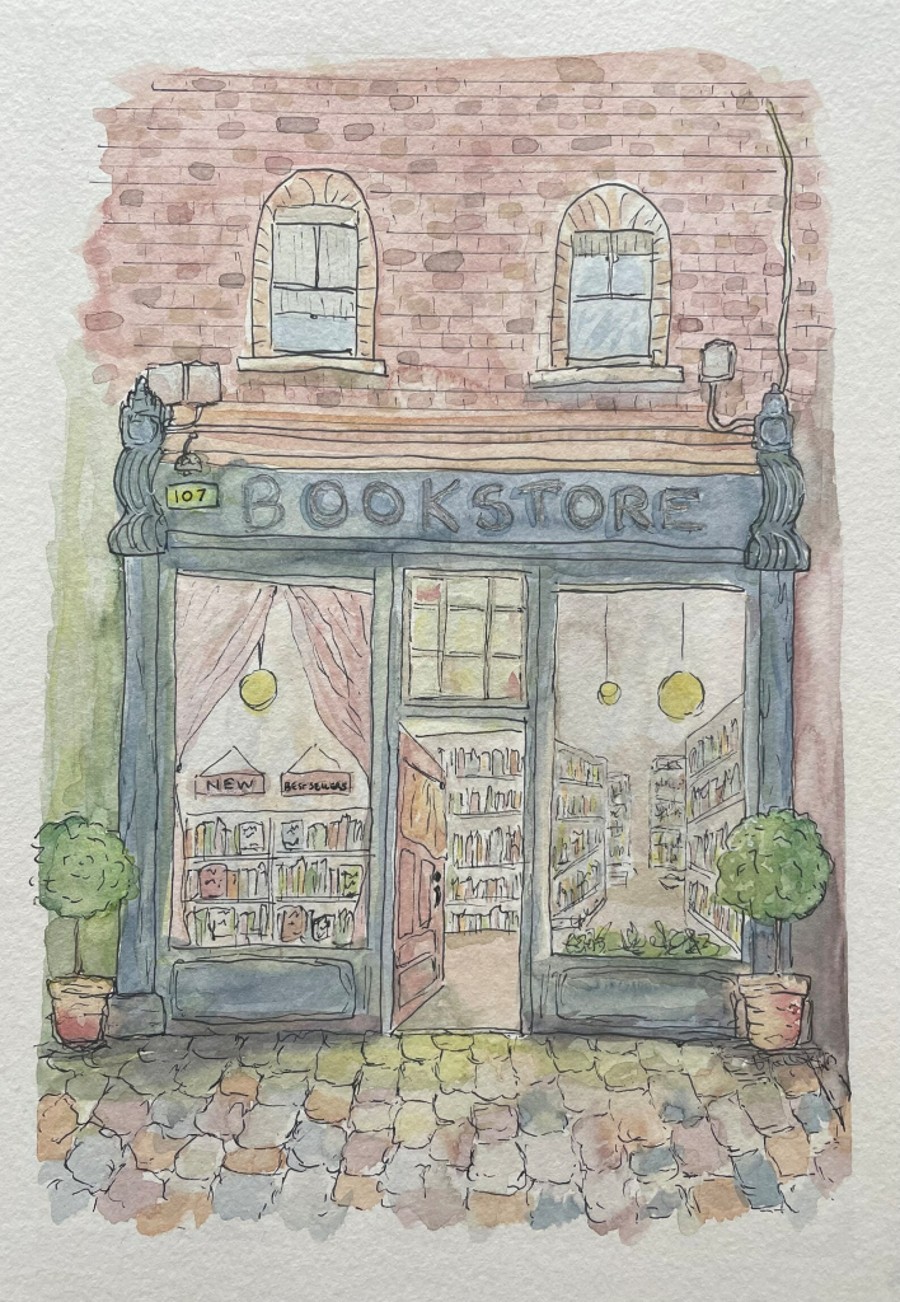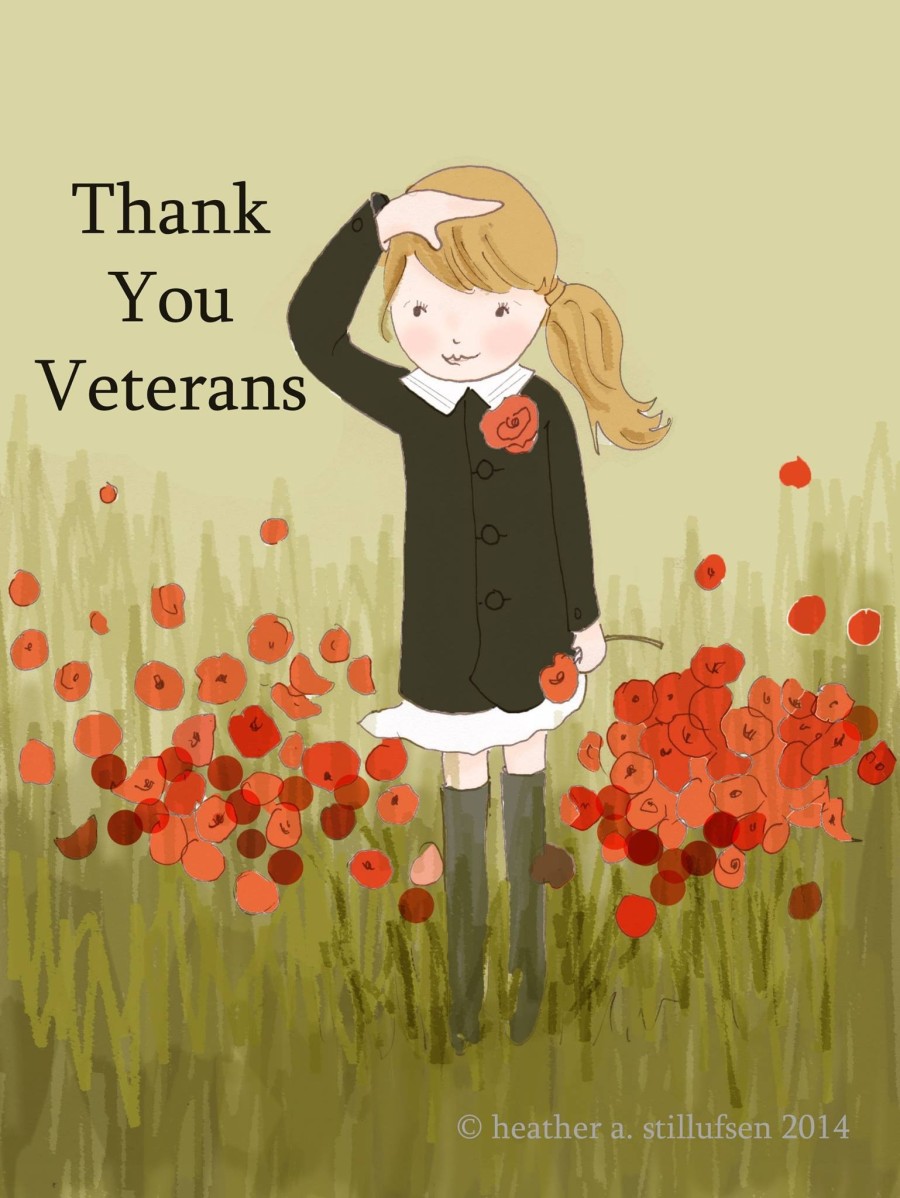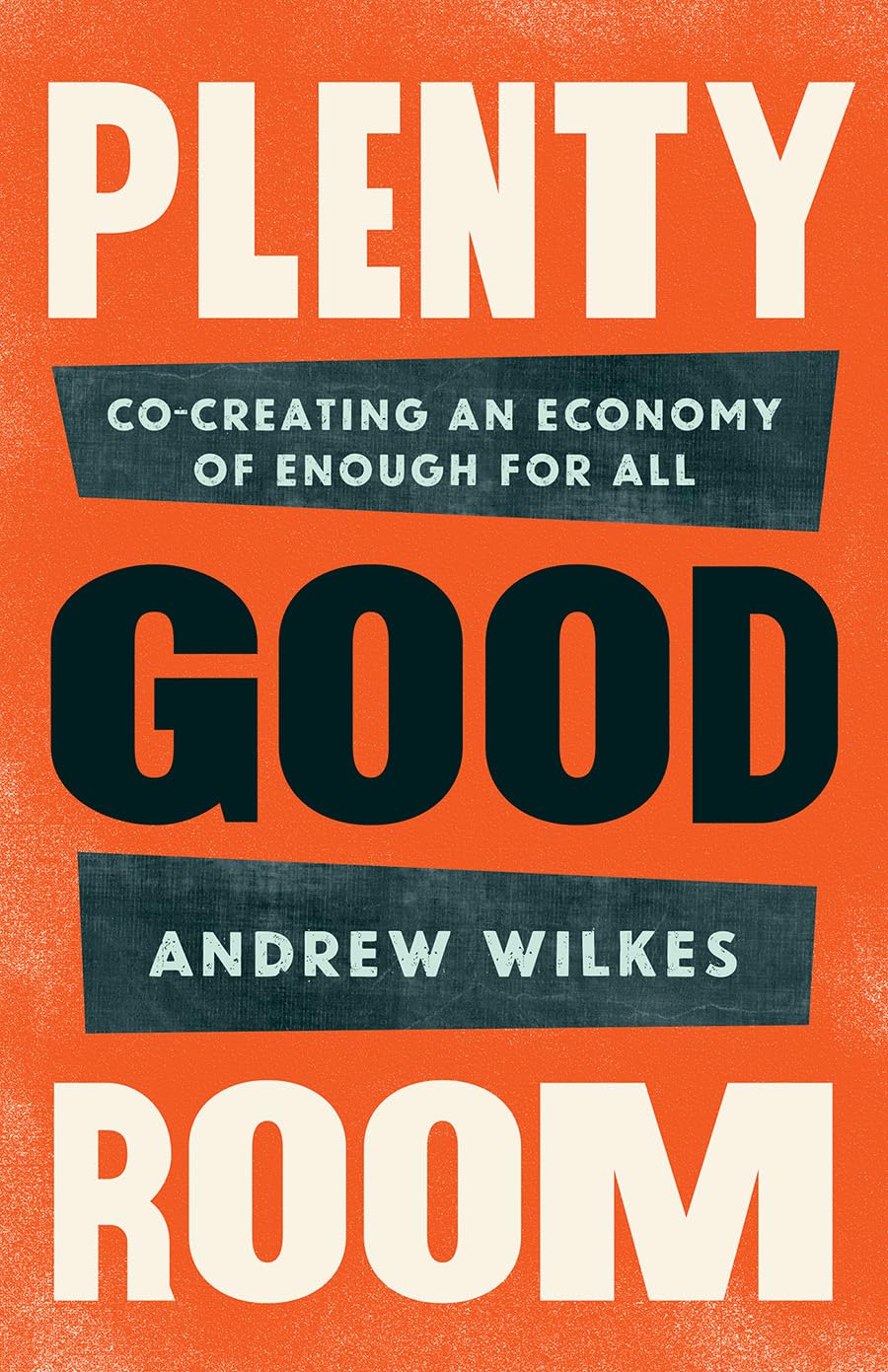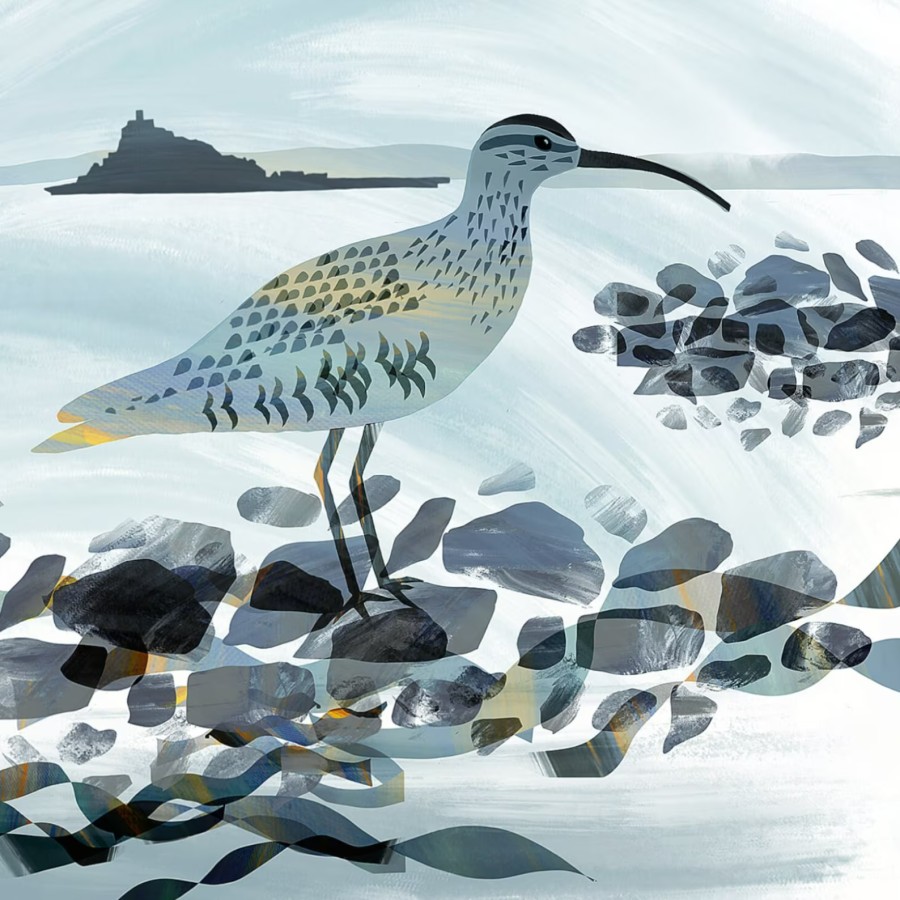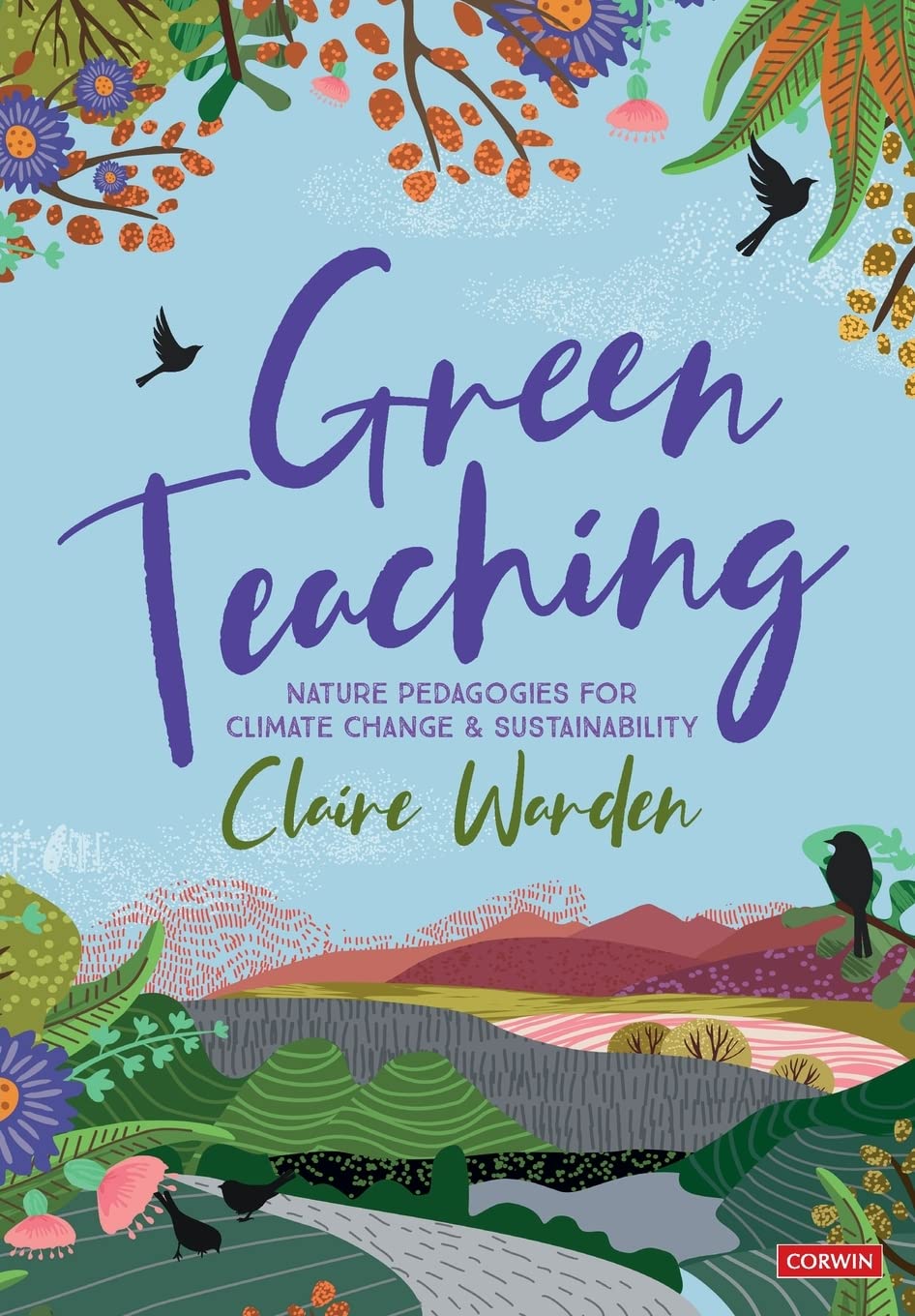
Whereas putting solar panels on roofs can be a long payback for many, schools are in prime position to help the planet both locally and globally. Schools are signing up to qualify for Eco Schools Green Flag, which is good financially too. Also choose plant-based meals for schools and caterers.
Green Teaching is a book on helping teaches to embrace ecological choices and to use nature as the location for learning, to help transform how children are taught. The author draws on international research and case studies to offer ways to transform how children are taught about environment and nature. Dr Claire Warden developed Scotland’s Auchlone Nature Kindergarten and advises Children and Nature Network.
Read food safety for people & pets. For green spaces, learn to make gardens safe for pets (includes indoor plants to avoid). Avoid facing indoor foliage to gardens, to help stop birds flying into windows.
other good books for green teachers
Teaching Climate Change & Sustainability is a book to help prepare and educate young people, for a world impacted by climate change. This practical text for teachers empowers them to expand their knowledge and understanding of climate change and sustainability. It supports them to develop confidence in discussing difficult themes and to create safe learning spaces, to allow children to articulate concerns.
Schools That Heal is a book on how to design schools that are less like prisons (designed from fear of truancy and vandalism) and more like nurturing environments for learning and good mental health. Schools with access to nature, big windows and open campuses are relaxing and improve academic performance. From classroom design to outdoor space, ideas are borne from reducing natural disasters, pandemic isolation (more fresh air) and US school shootings.
switching to organic cotton school uniforms
Children spend several hours each week in school uniforms, but most brands are with Teflon coatings to make them stainproof and easy-iron. EcoOutfitters offers natural cotton alternatives that allow skin to breathe, are more comfortable in hot weather and also more suitable for children with eczema. As they are free from polyester, they also are not supporting the fossil fuel industry. The range includes shirts, skirts, trousers and dresses (both winter pinafore and summer gingham). For socks (which contain a little elastane), launder in a microplastic catcher to stop fibres breaking off in machines, and reaching the sea).
choose biodegradable school cleaning supplies
All schools use cleaning supplies in bulk. So switch your school over to biodegradable brands like Bio-D (all their items are available unscented in bulk bottles) or Delphis Eco (which offers more industrial products like drain cleaners and urinal blocks). Both do far less harm to the planet, and are also safer around children and teachers. Choose unscented where possible, to avoid essential oils near pregnant teachers/parents and allergies/pets/babies.
where are England’s most sustainable schools?
Downe House (Berkshire) is working to become one of the most environmentally-friendly schools in England. It has won the top eco school award and has its own eco student committee. It has no plastic bottles, a crisp packet recycling scheme and only uses free-range eggs (and holds Meat Free Mondays for everyone). Food waste is collected to make into biogas, all lighting is LED, cups are made from bamboo and they plant trees and flowers for bees. Even old uniforms are gifted to help others.
Originally founded in Charles Darwin’s former home in Kent by the 3o-year old ‘Miss Olive Willis’ who had strong ideas on how girls should be educated, today the school focuses on compassion and even helps out at local allotments. Well-known graduates are TV presenter Clare Balding, Kate Middleton (the Princess of Wales) and comedienne Miranda Hart.
Montessori schools are privately-run and teach in a very different way. Classes have children of different ages who choose what to study (overseen by teachers) rather than regimented rows of desks. ‘Play’ is real (so you would help with a broom to clean, not just pretend). And it’s interesting that children only begin to use computers at a much later age, yet have the same or better academic records when they graduate. It also saves a fortune on energy bills, and stops children going googly-eyed from computer and phone addiction at a very young age.


